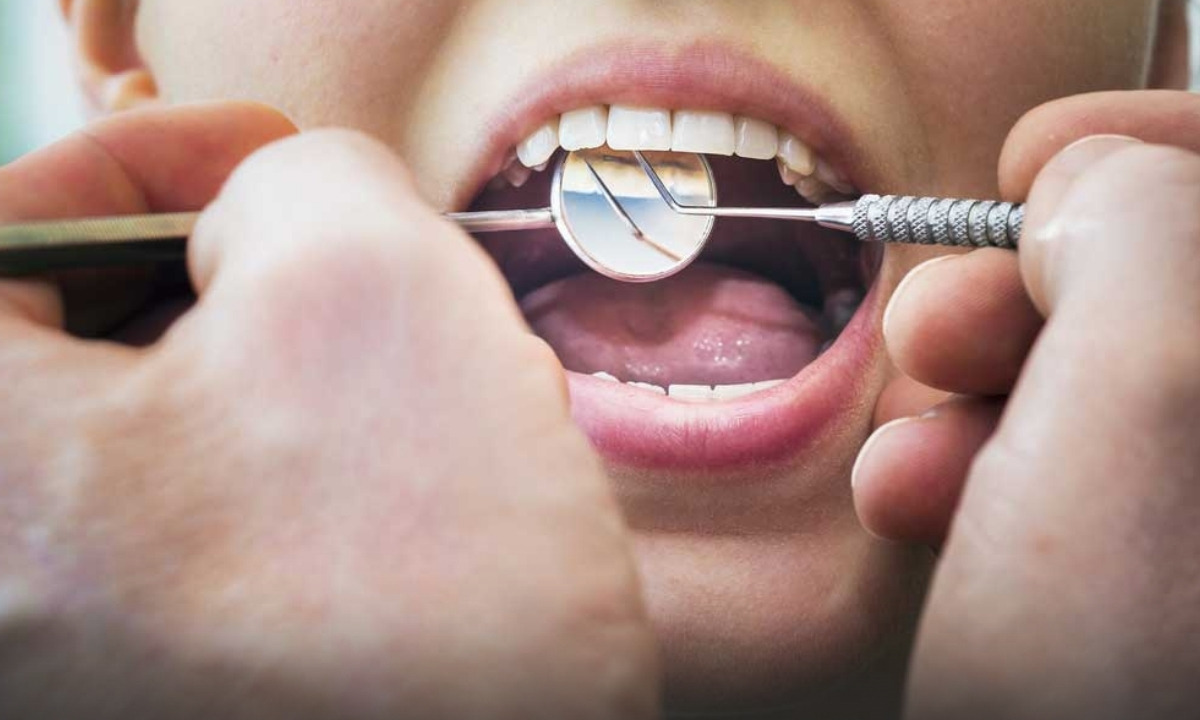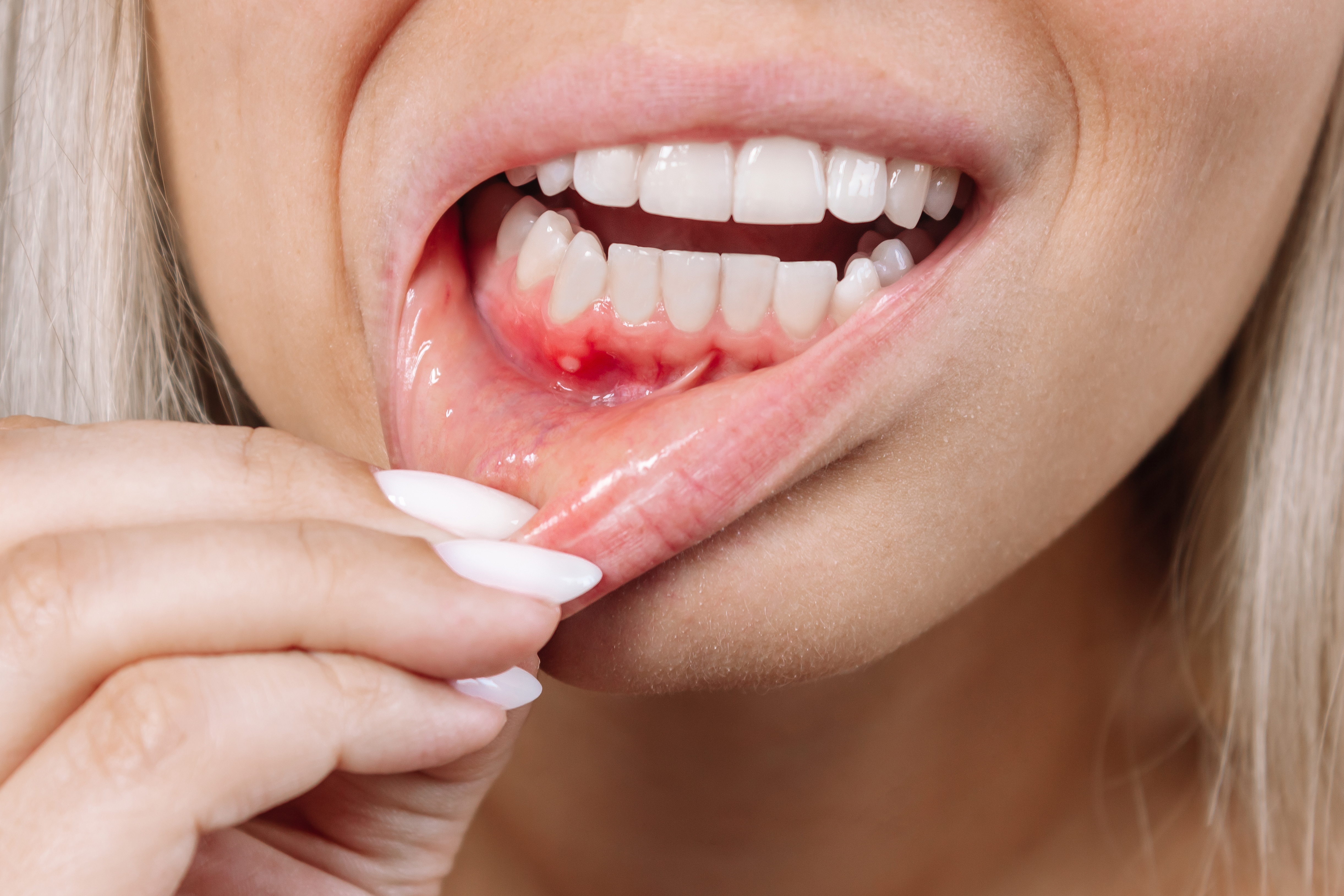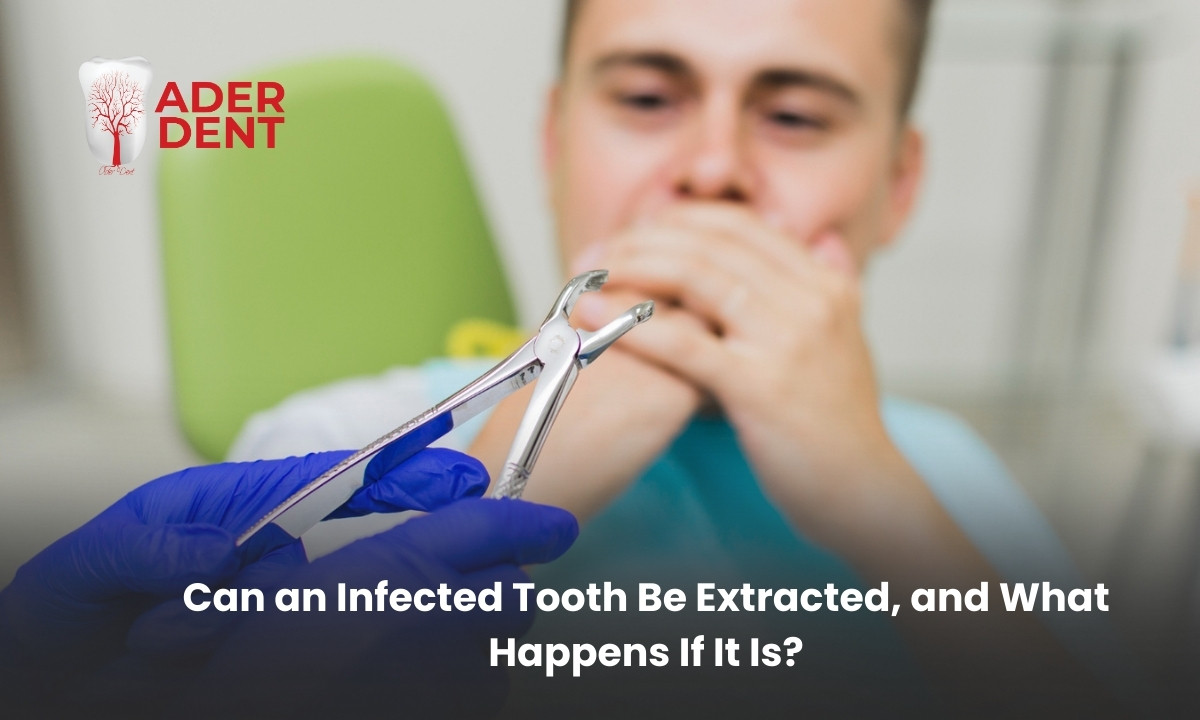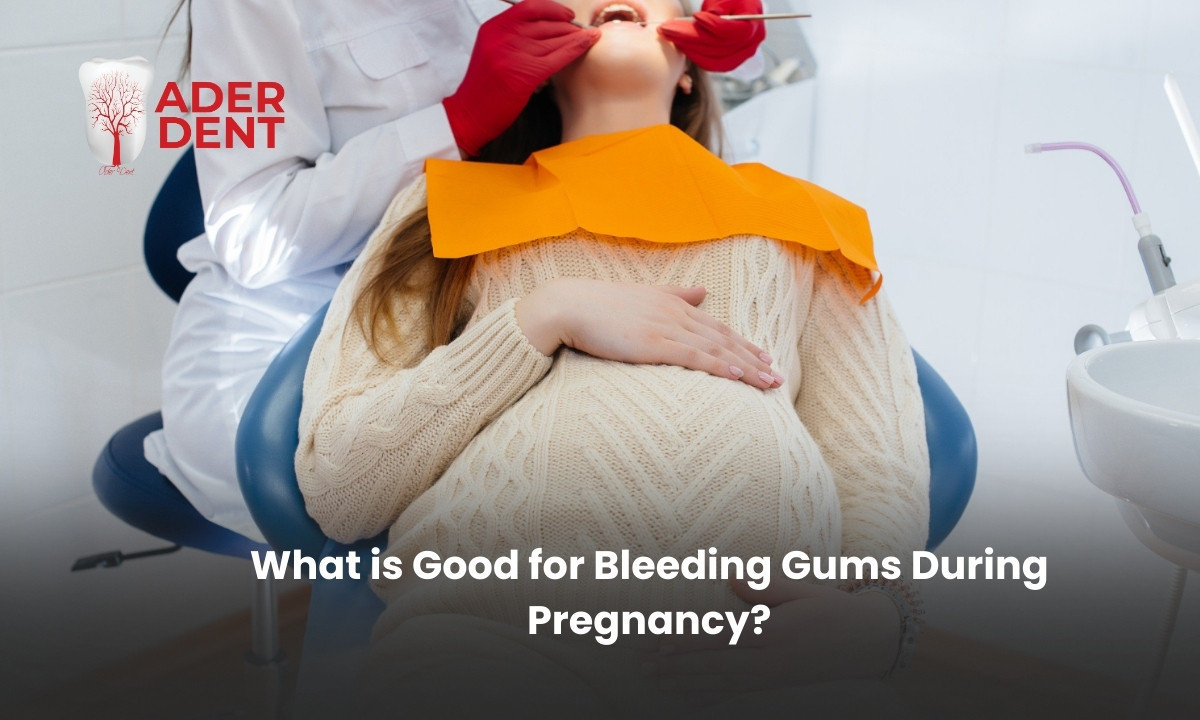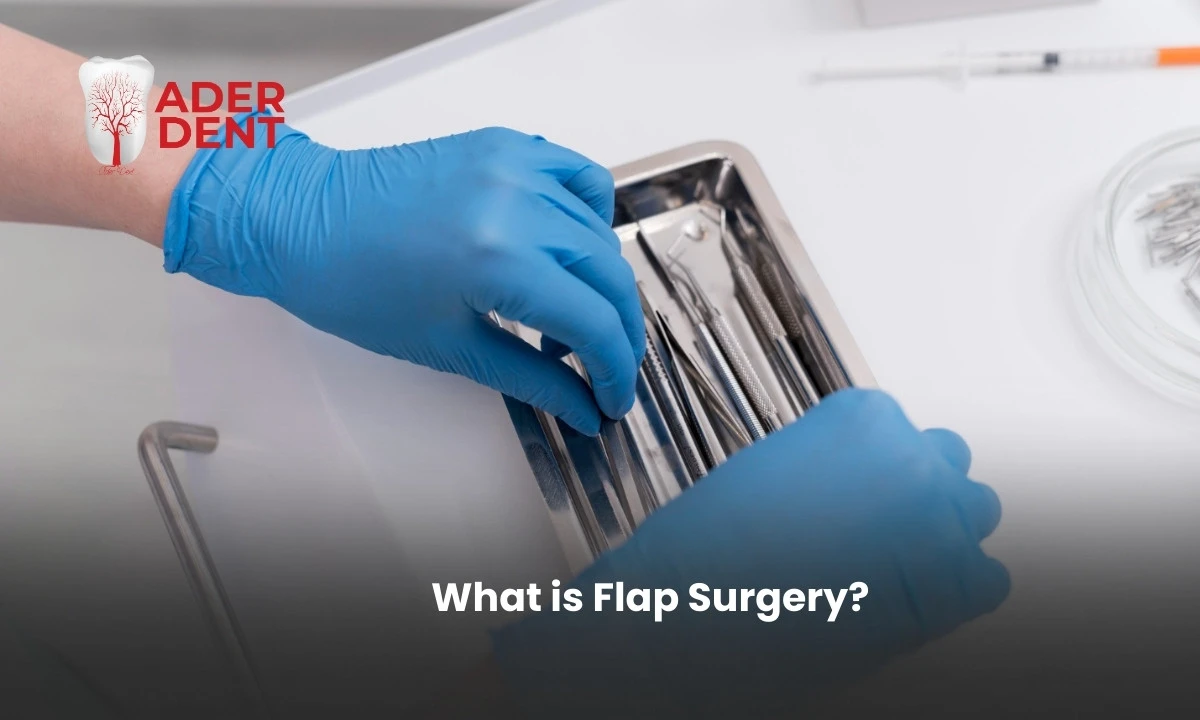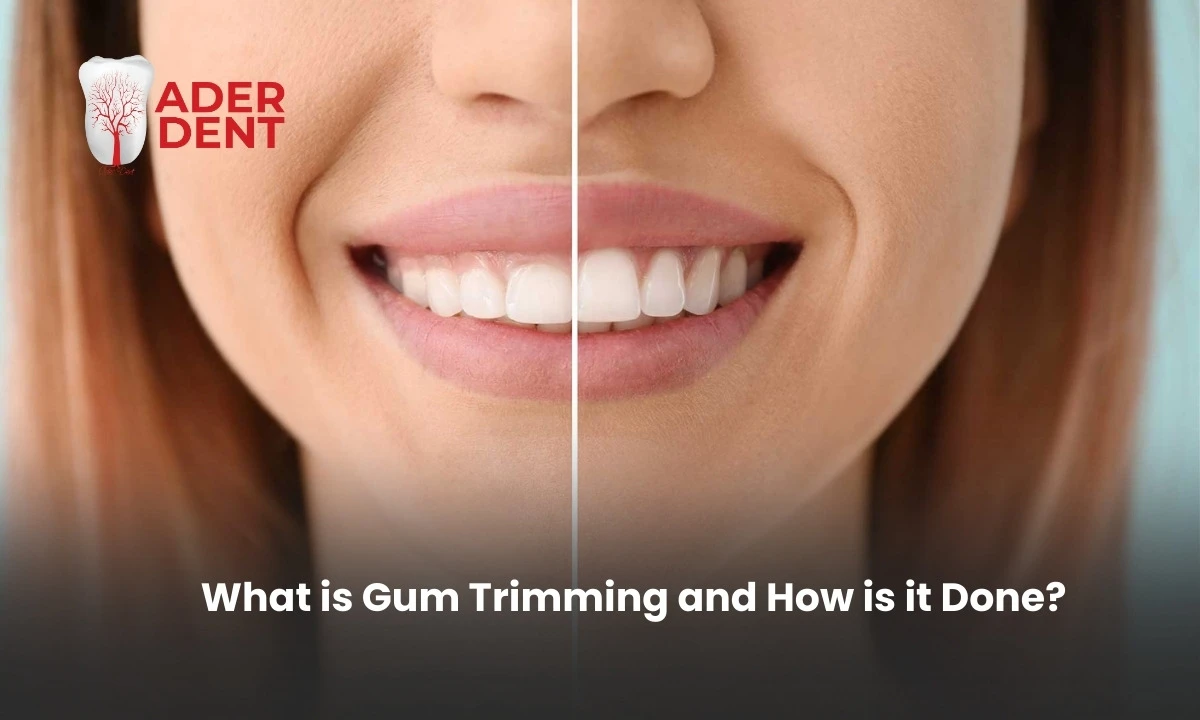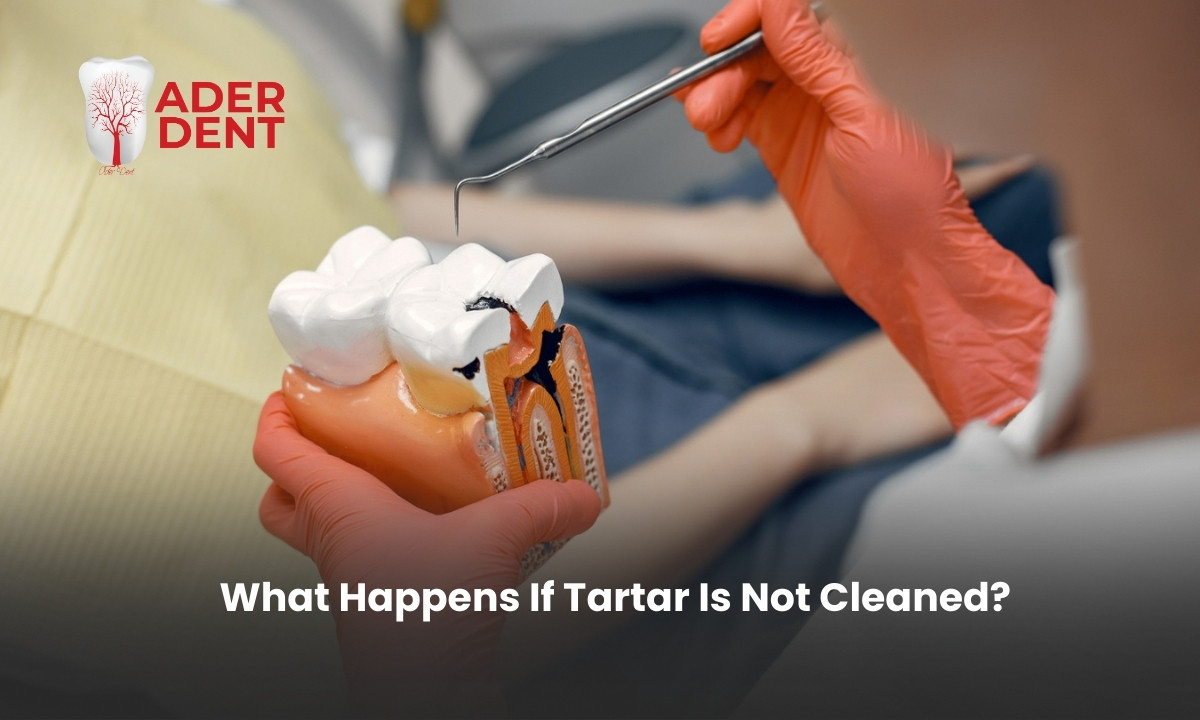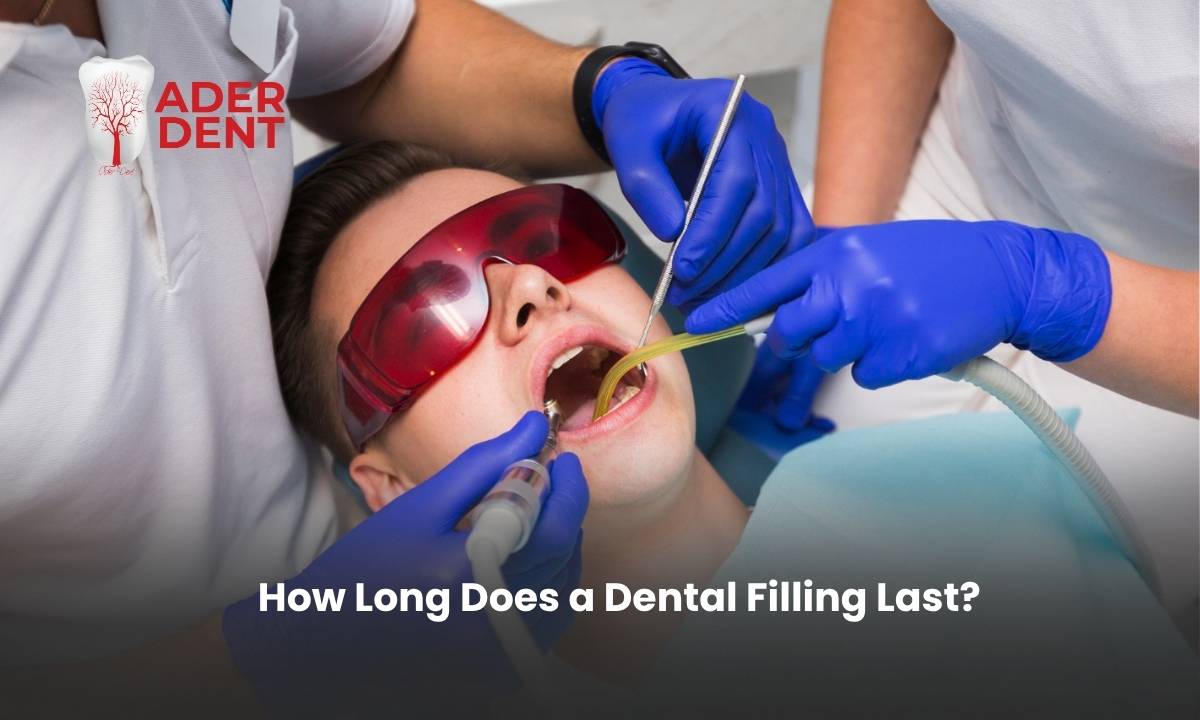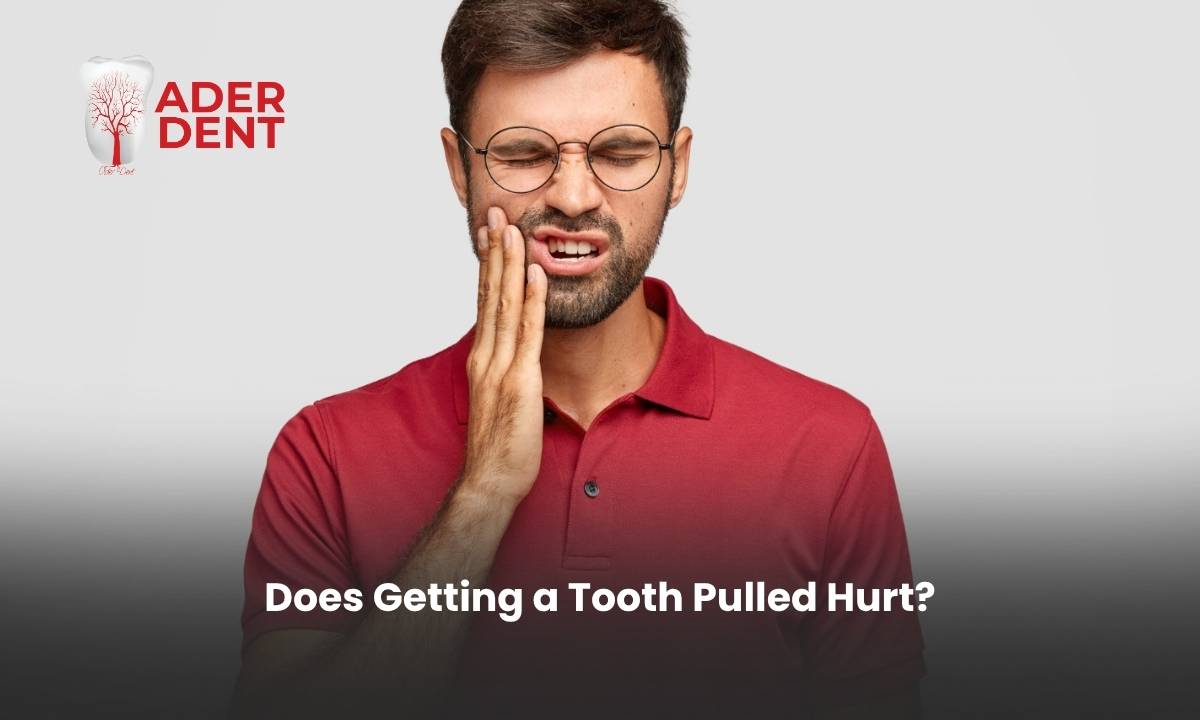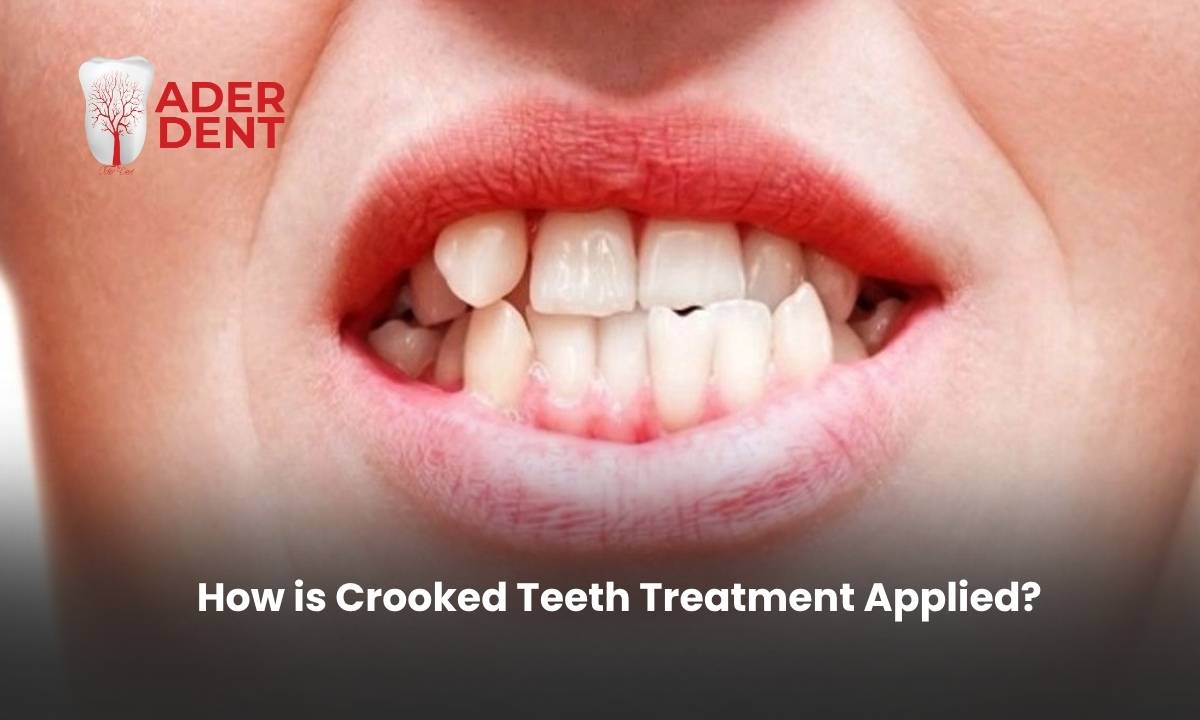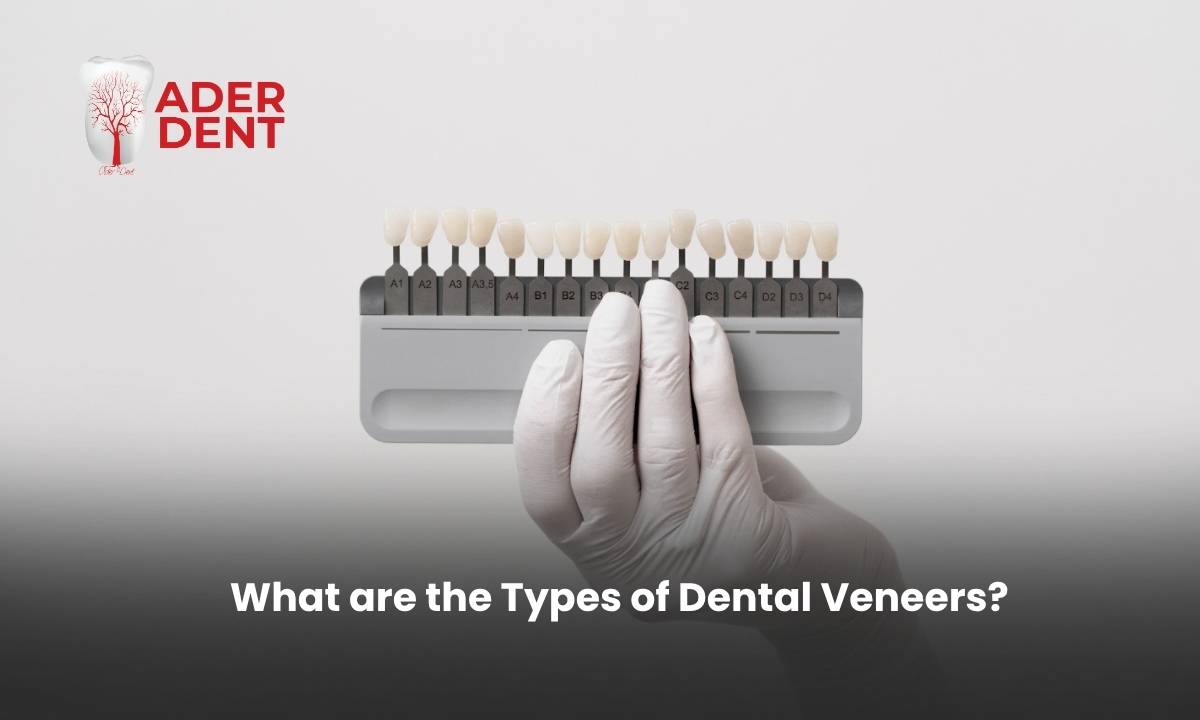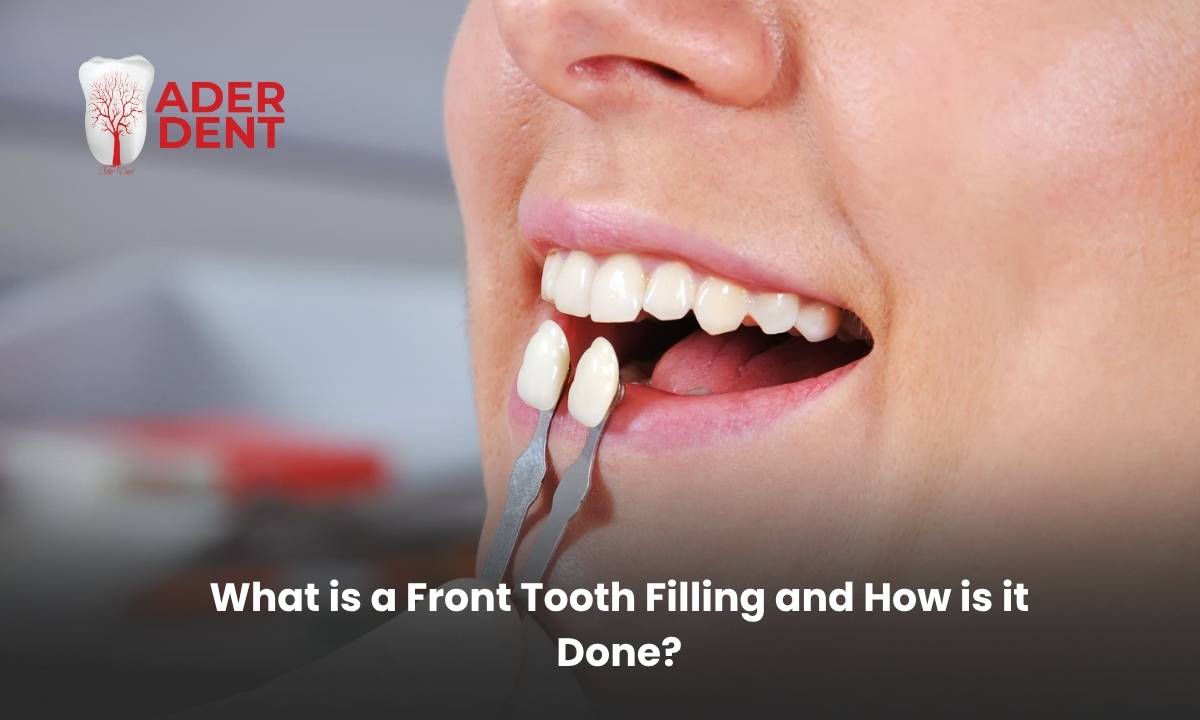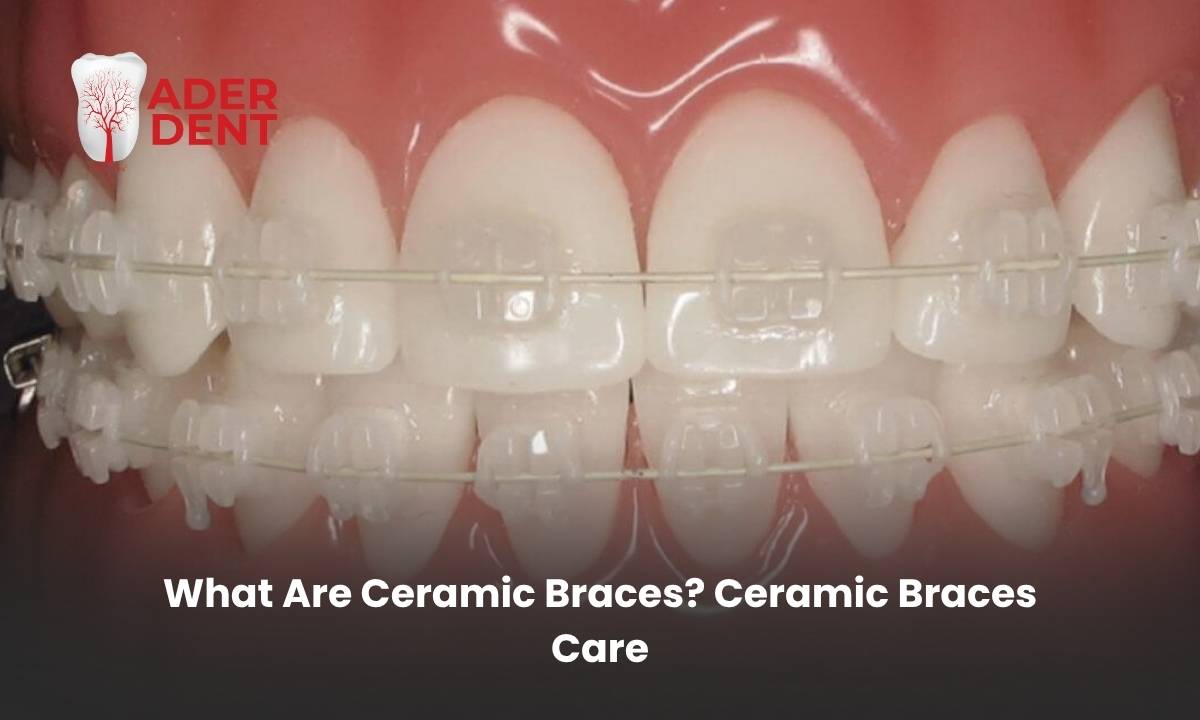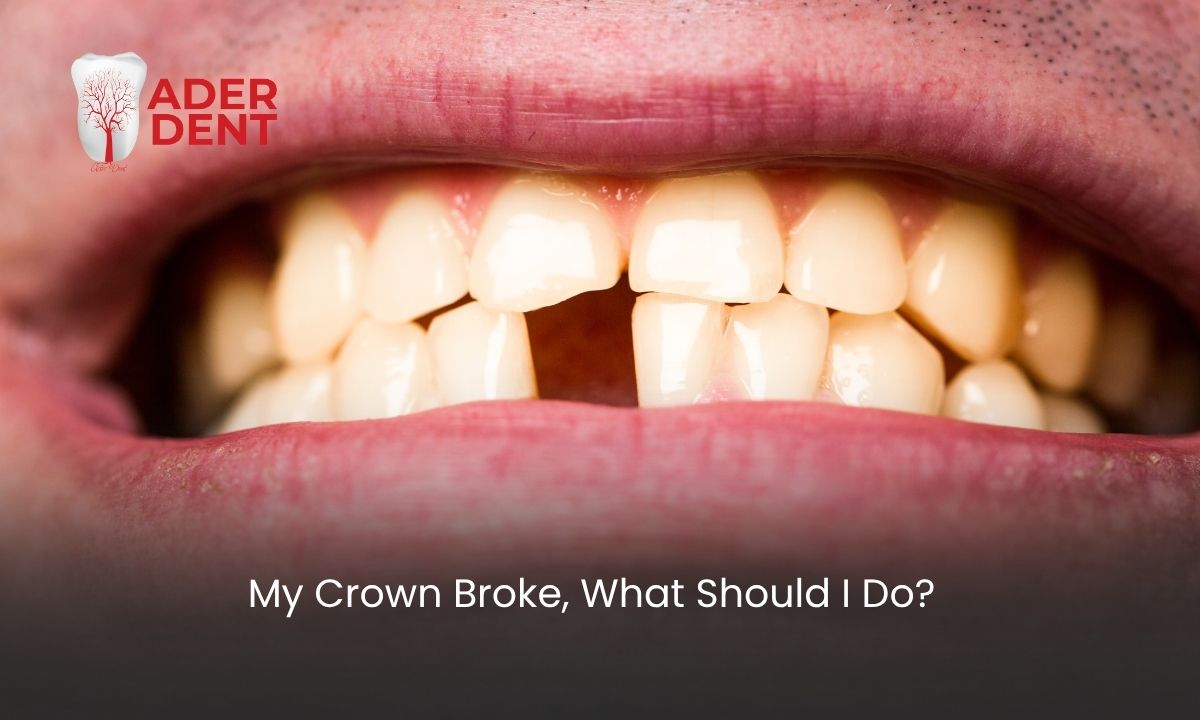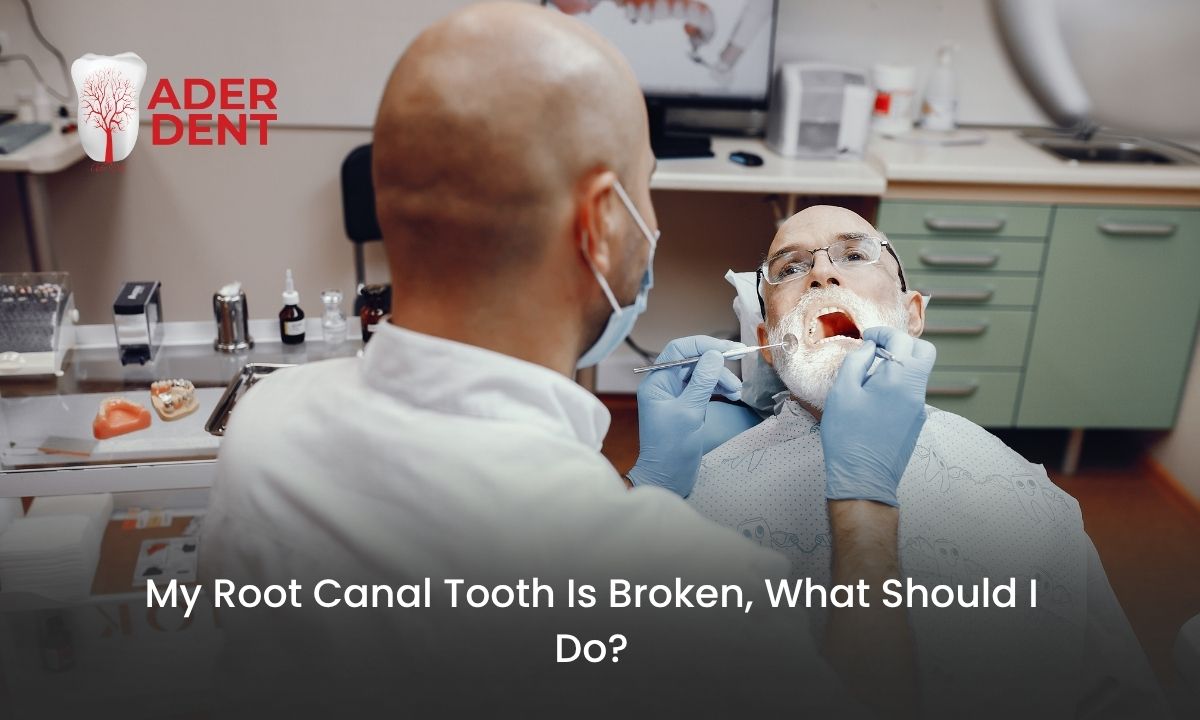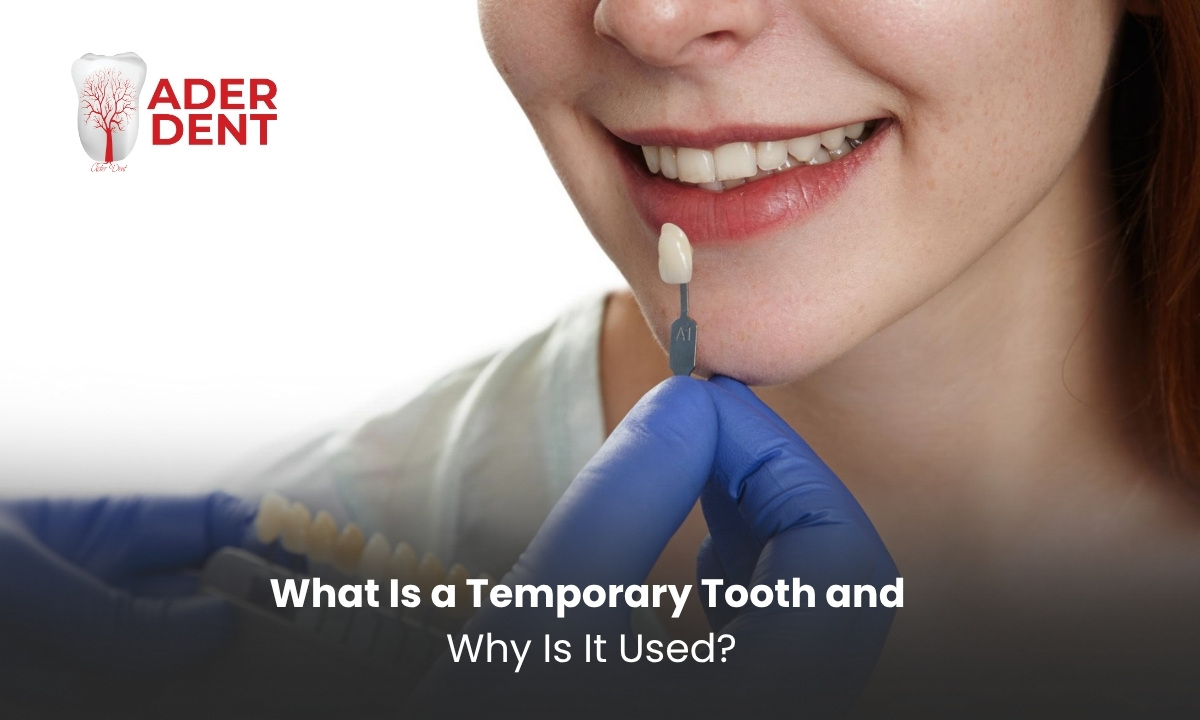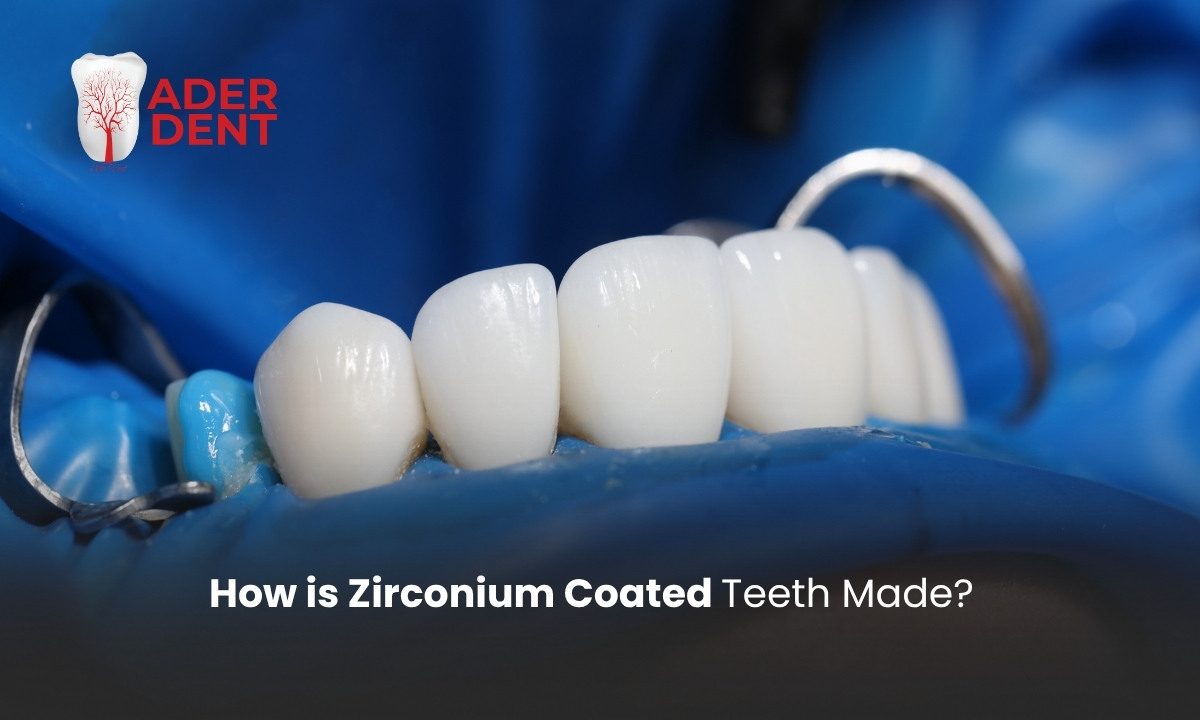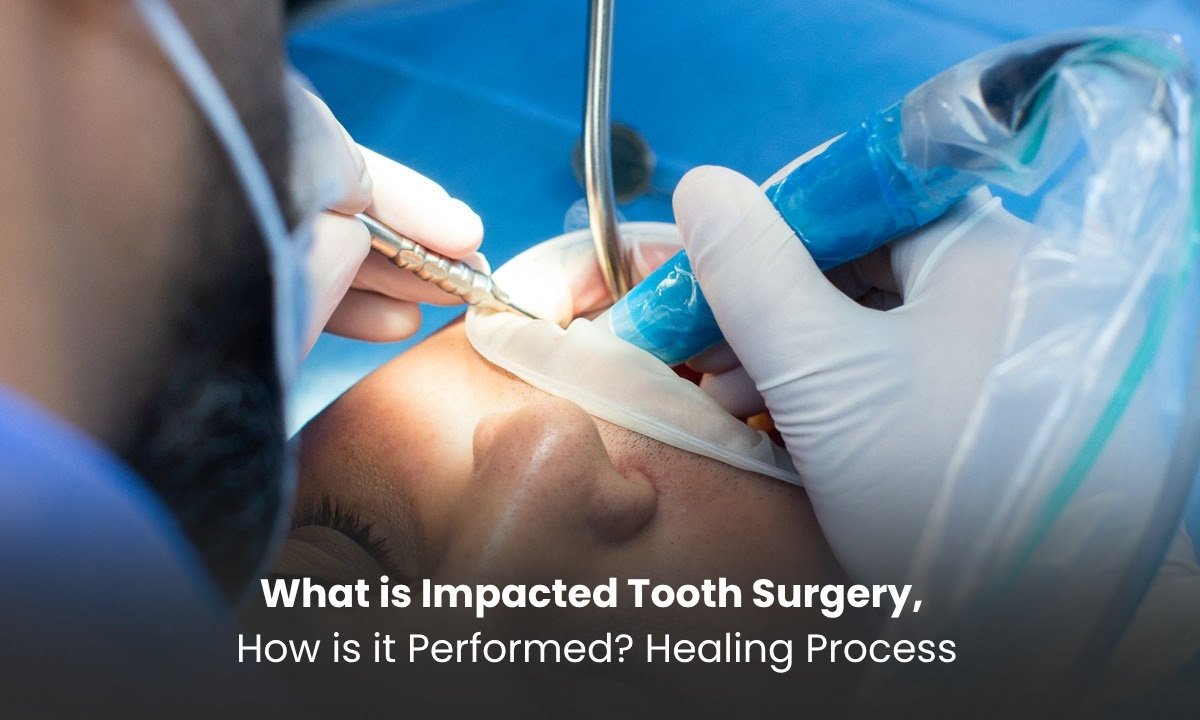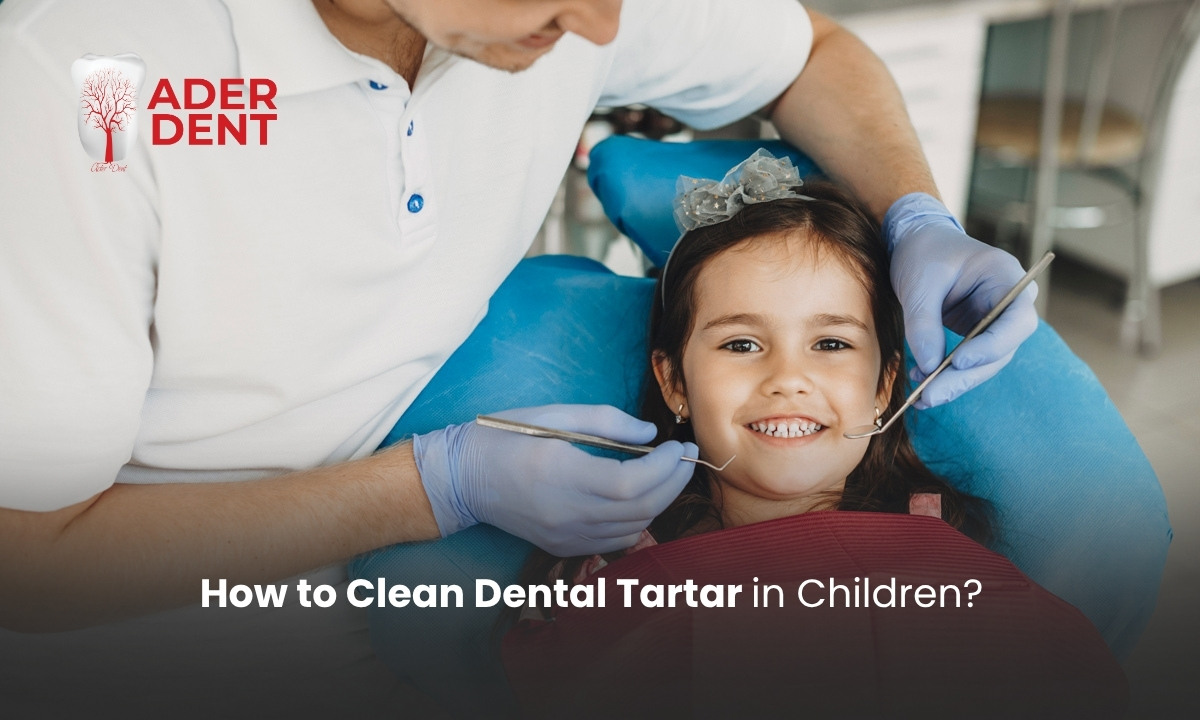
Pain after wisdom tooth extraction usually eases within 3–7 days. However, if the pain does not go away or increases over time, this is not normal. Until you see your dentist, take the prescribed painkillers regularly, apply cold compresses, maintain oral hygiene, and avoid smoking and alcohol.
If pain lasts longer than 1 week, becomes more severe, and is accompanied by bad odor, pus, fever, or swelling, this indicates a complication. In such cases, you should see your dentist immediately. Sometimes wisdom teeth that do not cause pain may also need extraction. For more details, you can check our article on “Can a painless wisdom tooth be extracted”.
How Long Does Pain Last After Wisdom Tooth Extraction?
Pain after wisdom tooth extraction may last 7–10 days. The first 2–3 days are the most intense, after which it gradually decreases and usually disappears within 10 days. If the pain lasts longer than 10 days or gets worse, this is not normal and you should consult your dentist. Unlike simple extractions, wisdom tooth surgery involves separating the tooth from bone and gum tissue, which can cause more trauma.
What to Do If Pain Does Not Go Away After Wisdom Tooth Extraction?
If pain persists after wisdom tooth extraction, visit your dentist as soon as possible. Your dentist can check for infection, dry socket (alveolitis), or other complications. If necessary, they may prescribe antibiotics or provide special treatment.
At home, you can apply cold compresses, gently brush around the extraction site, maintain oral hygiene, and avoid smoking, alcohol, and hard foods. If you also notice bad odor, pus, or swelling, this may indicate an infection. For more details, see our article on “Signs of infection after wisdom tooth extraction.”
Throat Pain After Wisdom Tooth Extraction
Throat pain after wisdom tooth surgery can occur as a natural result of the procedure. Keeping the mouth open for a long time during surgery, straining of the jaw muscles, and difficulty swallowing may cause discomfort and mild throat pain. This usually decreases within a few days and goes away on its own. If the pain worsens or swallowing becomes difficult, it is recommended to consult your dentist due to the risk of infection.
Ear Pain After Wisdom Tooth Extraction
Ear pain after wisdom tooth extraction may occur because the jaw and tooth nerves are located close to the ear. Tension in the jaw and surrounding tissues during extraction may cause mild pressure or pain in the ear. This condition is temporary and usually subsides within a few days. However, if ear pain persists, becomes severe, or if hearing problems occur, you should consult your dentist to rule out possible complications.
Headache After Wisdom Tooth Extraction
Headaches after wisdom tooth extraction are a common condition caused by strain in the jaw and surrounding muscles during surgery. The headache is usually mild and temporary, and can be managed with rest, sufficient fluid intake, and painkillers prescribed by the dentist. However, if the pain lasts for several days or becomes more severe, it may indicate infection, nerve irritation, or other complications. In such cases, you should see your dentist without delay.
Dos and Don’ts After Wisdom Tooth Extraction
| ✅ What to Do | ❌ What Not to Do |
| Bite on gauze for at least 20–30 minutes | Do not rinse or gargle in the first 24 hours |
| Apply cold compress for the first day | Avoid smoking and alcohol |
| Eat soft, lukewarm foods (yogurt, puree, soup) | Avoid hot, hard, or spicy foods |
| Take prescribed medications regularly | Do not take blood thinners like aspirin without advice |
| Brush teeth carefully around the extraction area | Do not poke the wound with tongue or fingers |
| Keep your head elevated while sleeping | Avoid heavy exercise or strenuous activity |
| Visit your dentist if you experience severe pain/swelling | Do not delay seeing your dentist |
When Does Swelling Go Down After Wisdom Tooth Extraction?
Swelling after wisdom tooth extraction usually peaks within 2–3 days and then gradually decreases. For most people, it significantly reduces within a week. Applying a cold compress during the first 24–48 hours is effective in reducing swelling. If swelling lasts longer than 7–10 days, worsens, or is accompanied by fever, severe pain, or bad odor, this may indicate an infection. In such cases, you should consult your dentist or dental clinic.
Difficulty Swallowing After Wisdom Tooth Extraction
Mild difficulty swallowing may occur after wisdom tooth extraction. This is mostly due to swelling and sensitivity around the extraction site and usually improves within a few days. However, if swallowing becomes severe or breathing is affected, seek immediate dental care.
Signs of Nerve Damage After Wisdom Tooth Extraction
Signs of nerve damage may include:
- Persistent numbness in the lips
- Loss of sensation in part or all of the tongue
- Tingling or numbness in the jaw
- Unusual sensations in the gums (tingling or numbness)
- Changes or loss of taste
If these symptoms last longer than a few hours, contact your dentist immediately.
When Should You See a Doctor for Pain After Wisdom Tooth Extraction?
Pain after wisdom tooth extraction usually eases within a few days. However, you should contact your dentist immediately if:
- Pain lasts longer than 10 days or increases over time
- Swelling, redness, or sensitivity at the extraction site worsens
- Fever, bad odor, or pus develops, indicating infection
- Pain persists despite taking painkillers
These symptoms may indicate infection or dry socket (alveolitis). Early intervention accelerates healing and prevents complications.


 TR
TR
